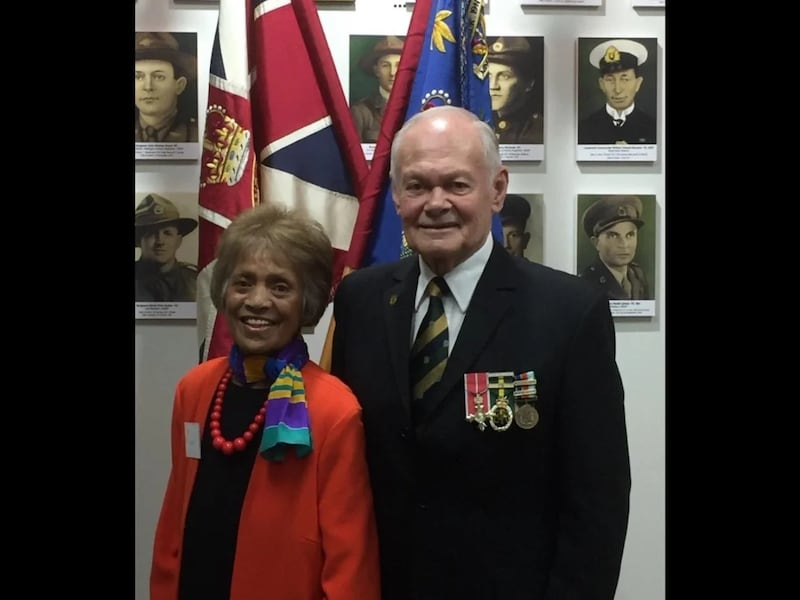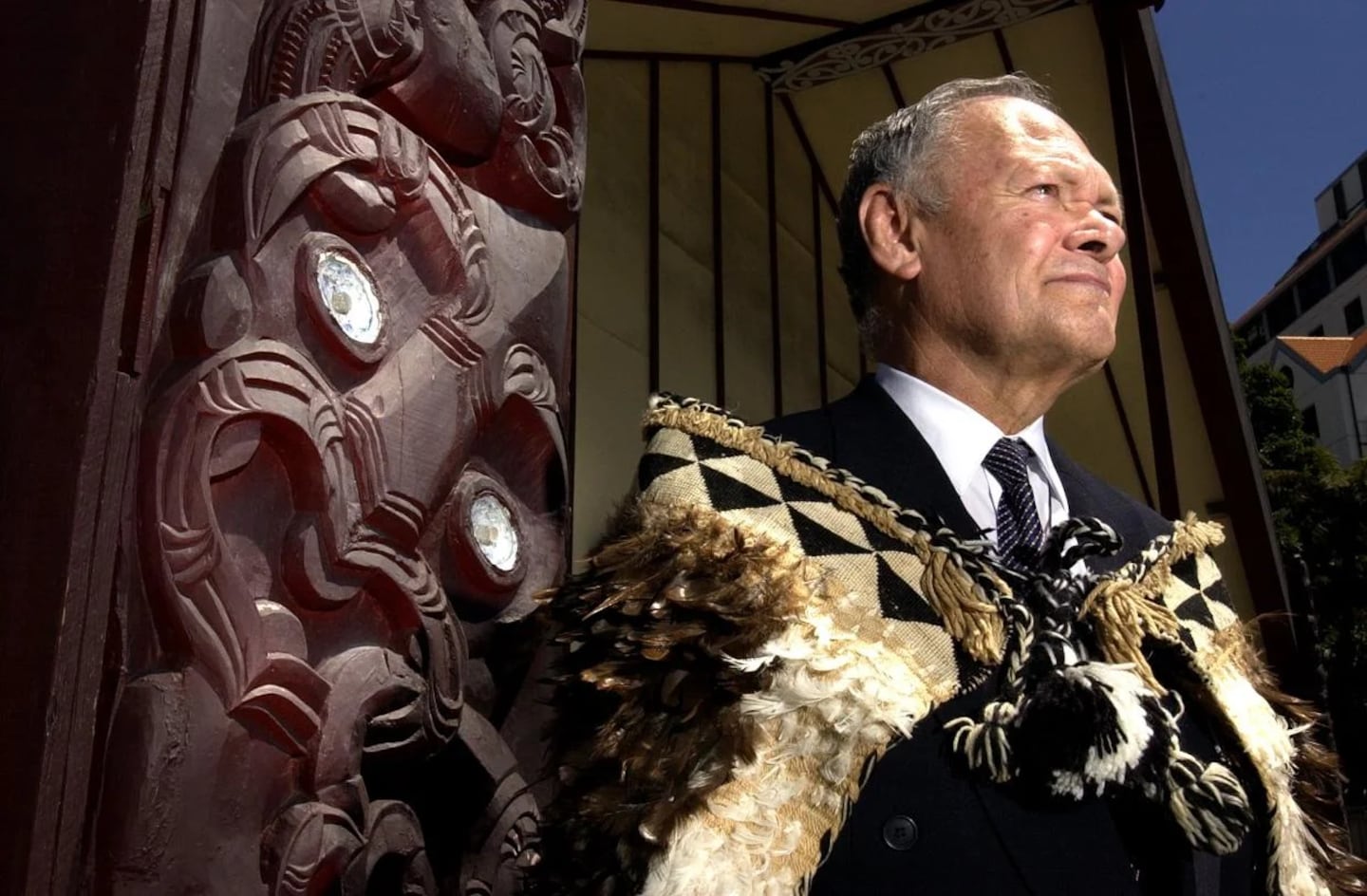This article was first published by Stuff.
His mum told him to learn the skills of the Pākehā but keep his tīpuna in his heart. New King’s Birthday honours recipient Bill Nathan speaks about a life honouring those ancestors.
For decades upon decades, nearly a century, every Monday they gather - nowadays at Pipitea Marae, in the beginning at private homes - for practice, and simply for the friendship.
Ngāti Pōneke, says Bill Nathan, always practises on Mondays and has done for 80-plus years.
Nathan, new Companion of the New Zealand Order of Merit, has spoken of his life spent helping others - including becoming a kapa haka icon in Aotearoa after joining the Ngāti Pōneke Young Māori Club, aged 18, in 1955.
The cultural club, running since 1937, was set up for Māori coming to the Big Smoke, Wellington, from all corners of the country, and all iwi.
His mum Polly Raukura Nathan was a member after joining in the late-1940s - she always said to Nathan, in the words of Āpirana Ngata, to learn the skills of Pākehā “and hold fast to your goal”.
“And also keep within your heart, your tīpuna, and those who have given you what you know.”
Nathan (Te Atiawa, Ngāti Kahungunu ki Wairarapa, and Ngāi Tahu) has been honoured for his services to Māori.
It includes leading generations of young Māori in Wellington in their search for cultural connectivity and identity through Ngāti Pōneke. He has worked in the health sector, as a cultural ambassador, has been club president, and he is an ordained Anglican priest.

He and wife Donas Nathan, another kapa haka icon, also provided care for young people for the Children and Young Persons Service from 1983 to 2003.
Over those two decades they cared for hundreds of young people alongside their own four children, he said.
They often took the kids to Ngāti Pōneke and some loved it so much they kept going even after they left the Nathan home, he said. “Some became almost part of our family, because they stayed with us for a few years ... It was an uplifting time of our life and the whole family.”
Nathan was part of Ngāti Pōneke when the group competed at the first Te Matatini (then called the Polynesian Festival) in 1972 in Rotorua.
He remembers vividly the night before they performed: slogging through practice till midnight, their tutors unhappy with their performance.
“We were totally exhausted, but we came runners-up to Waihīrere [Māori Club]. That was one time we thought it was well worth it.”
Nathan, 88, and Donas Nathan couldn’t make it in person to New Plymouth for Te Matatini this year - the first time they’d missed the event in a long time he said. The landscape at Bowl of Brooklands was beautiful but a little too rugged for them. He was, he said, sad they couldn’t make it.
He is proud of how kapa haka has grown and drawn in more young people over the years.
“The holistic approach to it in terms of the spirituality, wairua, tikanga, physicality, the way they’ve taught their teams to train, be fit.”
It didn’t just stop at the stage, Nathan said, but was a “whole bodily nourishment and growth”.
Kapa haka had grown and was generally better appreciated in New Zealand, Nathan said. This despite the latest government.
“I’m very disappointed by the recent actions of the coalition government in terms of the attacks on Māori, and the [Treaty Principles] Bill that went through and was defeated ... which aroused a lot of anger.”
Regardless, Māori and Pākehā come along to Ngāti Poneke - “every Monday night”. “We haven’t changed it in nearly 80 years. It was always Monday night and it always is Monday night.”
Nathan wanted to say thanks to everybody that had helped him over the years, over the Mondays, and was simply grateful for his extraordinary life.
“I look back and I think ‘gee did I do all those things?’. And I thoroughly enjoyed it all too. It’s been a wonderful experience and I’ve been very blessed ... and hopefully made a contribution to Māori.”
- Stuff


